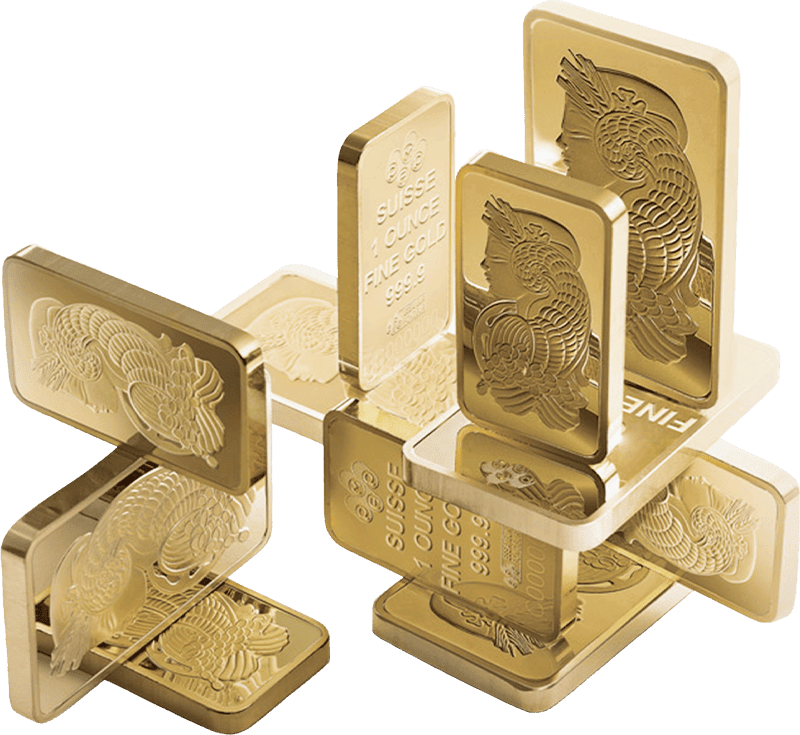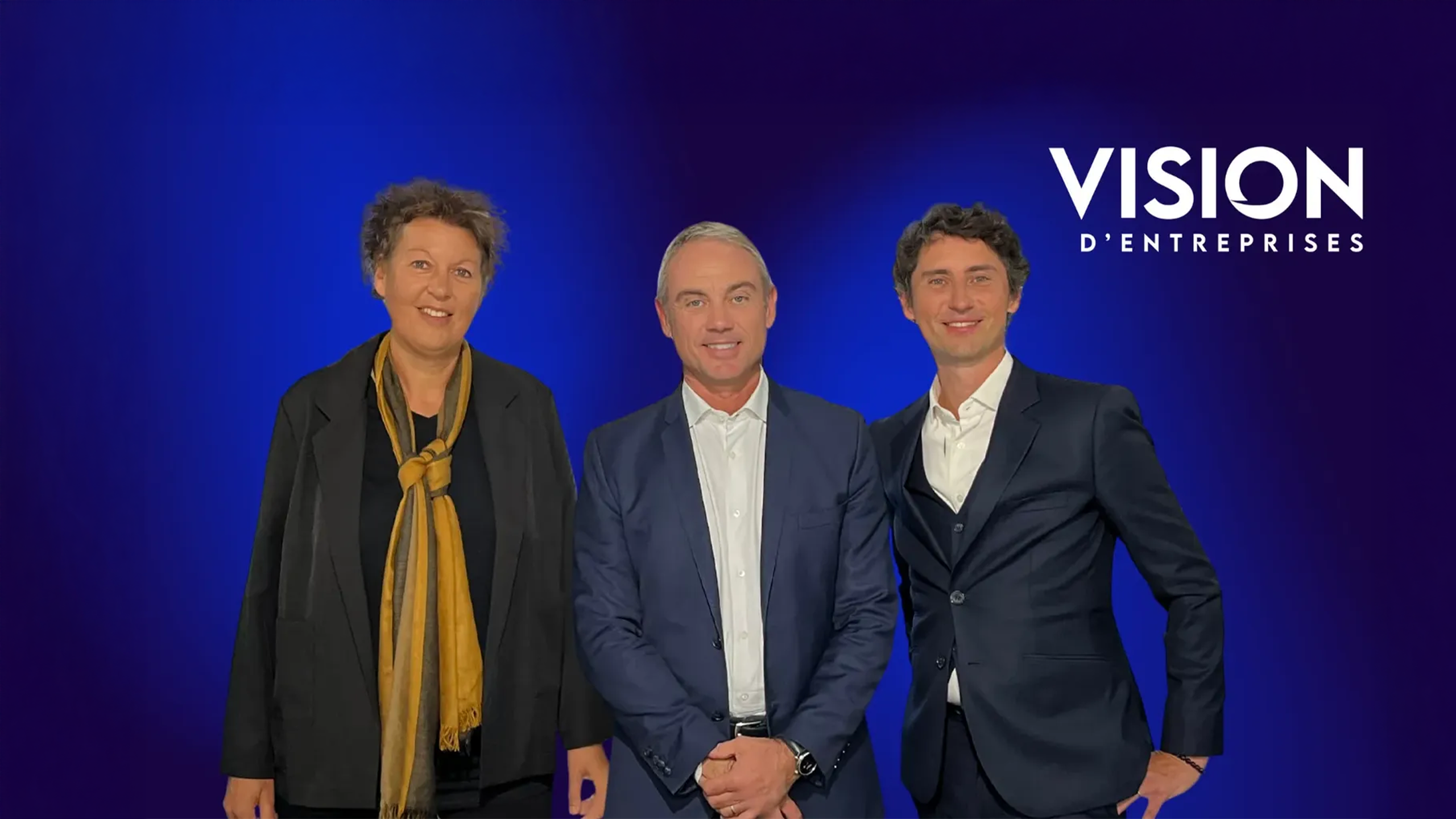Blog
Que s’est-il passé ces derniers jours ? Avec nous, suivez le fil de l’actualité. Bonne lecture !

22. 12. 2025
Miroslava Sojková, Social Media Director
2025 : une année record pour l’or, qui redéfinit sa place dans les portefeuilles d’investissement
2025 entrera dans l’histoire de l’investissement comme l’année qui a indubitablement transformé le rôle de l’or au sein des portefeuilles des investisseurs. Le prix de l’or a dépassé les 4 400 USD par once et, plus important encore, s’est maintenu à ce niveau en dépit de signaux contradictoires de la FED (la Banque centrale américaine). Bloomberg y voit non pas une réaction du marché à court terme, mais la preuve d’une tendance structurelle plus profonde qui redéfinit la place de l’or dans la pratique de l’investissement moderne.
Commencez à épargner dès aujourd’hui !
Constituez le patrimoine de votre famille et recueillez le fruit de votre investissement






